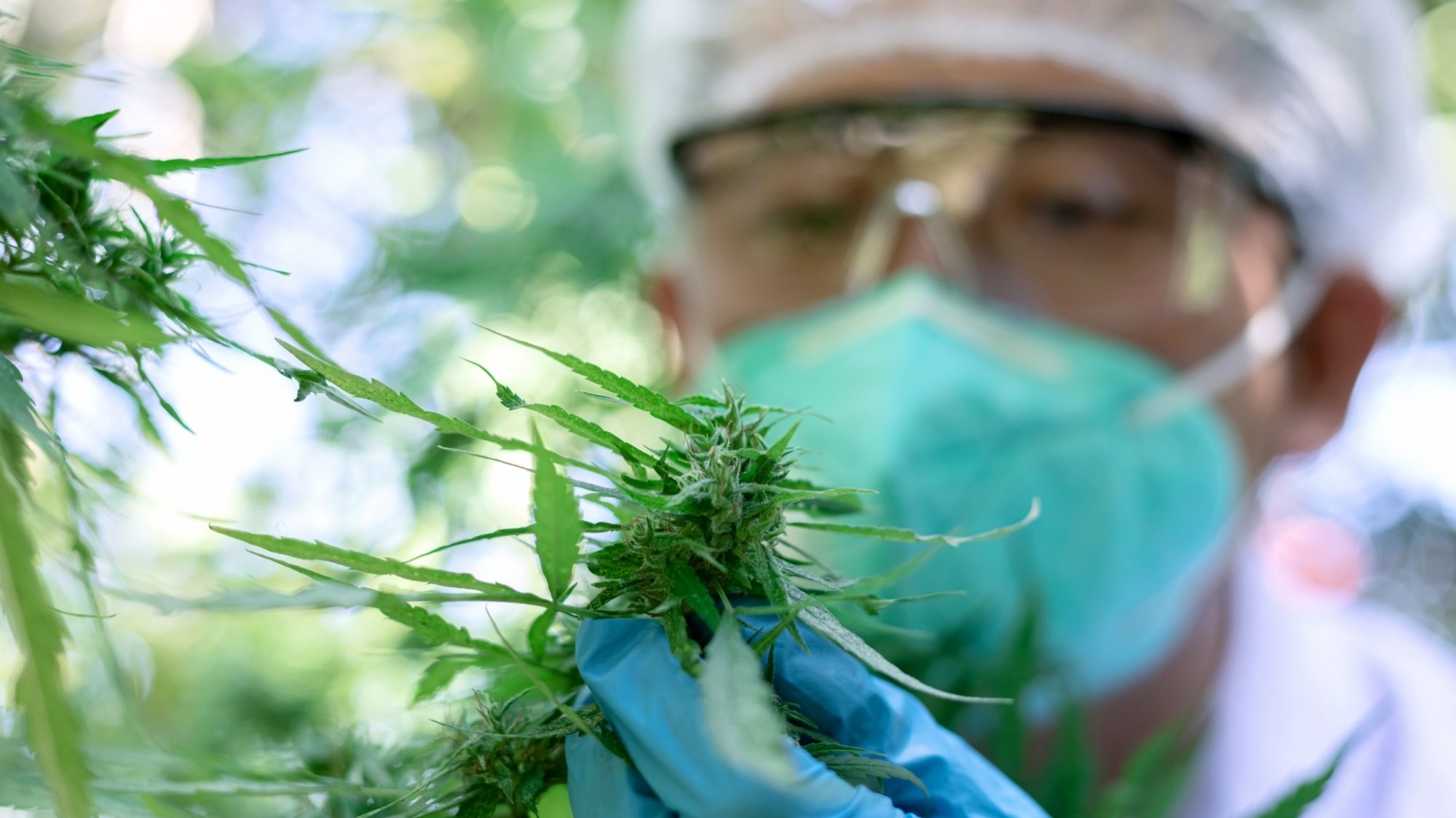The Alabama Medical Cannabis Commission is working on creating the rules and regulations for medical cannabis following the Legislature’s bill in the last regular session.
At its most recent meeting, the commission discussed a variety of different products that could be offered—tinctures, oils, topical creams,edibles— most options are on the table except for raw product and smoking or vaping forms.
Meanwhile, there are CBD products everywhere in Alabama, from official CBD stores to gas stations. They sell CBD in all of the above mentioned forms and even have vapes available.
So what’s the difference?
The major difference is that the CBD products on the shelf today are derived from hemp, while the medical cannabis will be derived from marijuana. The key difference between the two cannabis plants is the amount of the psychoactive ingredient THC (tetrahydrocannabinol).
Hemp has less than 0.3% THC, which is also Alabama’s legal limit for CBD products. CBD has been legal in Alabama since Congress passed the 2018 Farm Bill clearing hemp from the list of controlled substances.
THC is the element of marijuana that produces the effect of feeling “high.”
The Alabama Medical Cannabis Commission is dealing with marijuana, any cannabis plant that has more than 0.3% THC.
“That’s where you get the benefits for pain and other issues to do with the medical side of it that you don’t get with the CBD,” McMillan said.
CBD
CBD has been touted to help with a variety of ailments from anxiety to blood pressure, but only one cannabis-derived product has been approved for the treatment of seizures. There are currently no other CBD products FDA-approved, despite their legality.
“We are aware that some firms are marketing CBD products to treat diseases or for other therapeutic uses, and we have issued several warning letters to such firms,” the FDA states on its website. “Under the FD&C Act, any product intended to have a therapeutic or medical use, and any product (other than a food) that is intended to affect the structure or function of the body of humans or animals, is a drug. Drugs must generally either receive premarket approval by FDA through the New Drug Application (NDA) process or conform to a ‘monograph’ for a particular drug category, as established by FDA’s Over-the-Counter (OTC) Drug Review.”
McMillan also said he has some concerns about the lack of regulation of CBD.
“There’s no regulation of CBD,” McMillan said. “We’ve got some really good companies in Alabama making good CBD products but we don’t know what’s coming in from out of state with gummies and drops and those vape things and all that. It’s an area that needs to be regulated.”
“FDA continues to be concerned at the proliferation of products asserting to contain CBD that are marketed for therapeutic or medical uses although they have not been approved by the FDA,” the FDA site continues. “Often such products are sold online and are therefore available throughout the country. Selling unapproved products with unsubstantiated therapeutic claims is not only a violation of the law, but also can put patients at risk, as these products have not been proven to be safe or effective.
“The agency has and will continue to monitor the marketplace and take action as needed to protect the public health against companies illegally selling cannabis and cannabis-derived products that can put consumers at risk and that are being marketed for therapeutic uses for which they are not approved. At the same time, FDA recognizes the potential therapeutic opportunities that cannabis or cannabis-derived compounds could offer and acknowledges the significant interest in these possibilities.”
With hemp production, research and possession becoming legal in 2018, there is still much research being done to study the particular effects of CBD, including side effects. However, some preliminary research has shown potential for positive effects from CBD.
Medical marijuana
Medical marijuana, or medical cannabis as it is formally being called in Alabama, will contain much higher concentrations of THC. Unlike CBD, it will be under strict regulations from the first day a patient can obtain it.
All cannabis will be prescribed by doctors specifically licensed and trained to prescribe cannabis. The patients will also have to carry a card identifying their permission to use prescription cannabis. The products will be clearly marked with a cannabis warning symbol and information about the contents.
Because no cannabis products are approved by the FDA, the products cannot be sold in pharmacies. In fact, marijuana remains a Schedule 1 drug at the federal level, prohibited even for medical purposes. But an amendment in 2014 to the law prohibits the Justice Department from interfering with state medical cannabis laws.
In Alabama, all medical cannabis products will be sold through legally licensed dispensaries.
The commission is looking at a variety of product mixes and costs to be made available.
Valid illnesses include autism, Crohn’s disease, depression, PTSD, epilepsy, HIV/AIDS, Cancer, terminal illnesses, panic disorder, Parkinson’s, sickle cell anemia, spasticity, Tourette’s, and even chronic nausea or pain. However, documentation is required to show conventional treatment or therapy has been unsuccessful.

















































